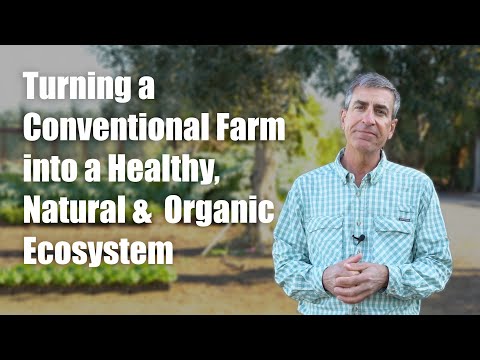Celebrating a rich history in Escalon
Zinc House Farm is named after a little prefab house that arrived from New York in 1850 and became a legendary part of California’s history. This house played a pivotal role in the bustling community that grew around it, serving as a hotel, a school, and a stopping place for miners and suppliers on the road between the Port of Stockton and the Mother Lode.
Today, we invite you to explore the rich history of Zinc House Farm and discover the secrets hidden within its walls.
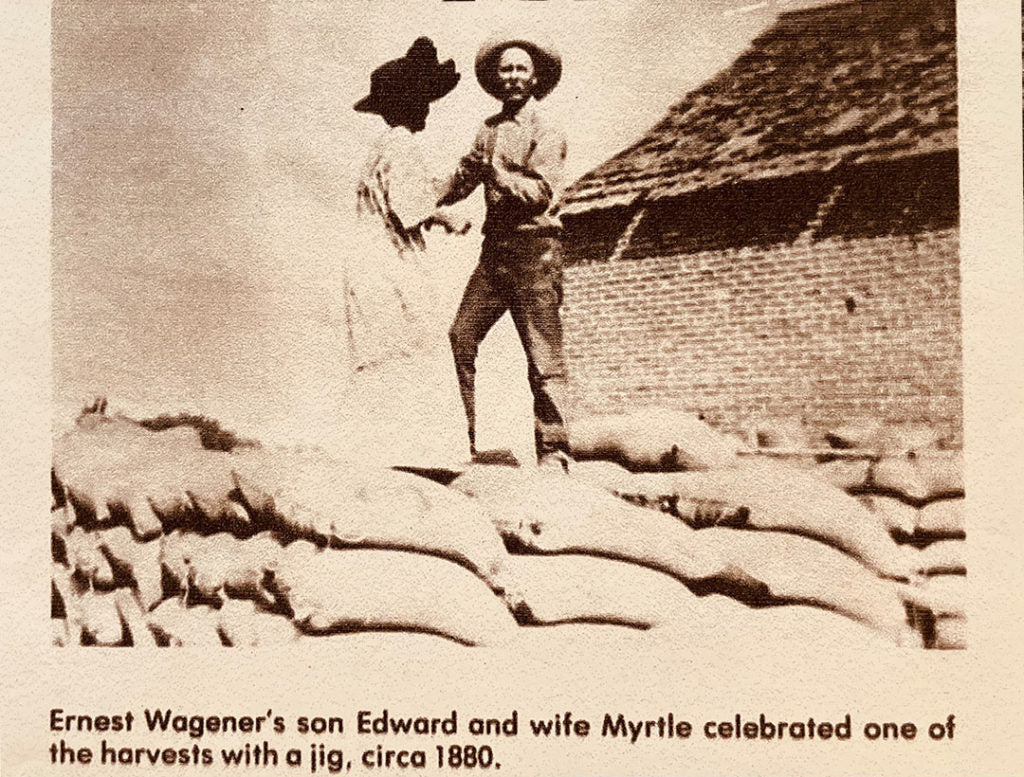
Our Zinc House Farm is named for the little prefab house shipped in 1850 from New York to the Port of Stockton, then via French Camp Slough and 6 horse Fisher Stage Line team to a site on French Camp Road, just north of Highway 120. The travel time New York to Stockton was about 6 months.
It was assembled “to the awe and wonder of locals,” perhaps becoming the first prefab building in California. The cost, paid by 30-year-old Ebenezer Holt Allan, Connecticut-born Stockton area farmer: $1,850; $65,000 in 2020.
In March of 1848, gold was discovered in the Sierra Foothills east of Sacramento. Though not yet a state, now California’s population and prosperity were expanding exponentially.
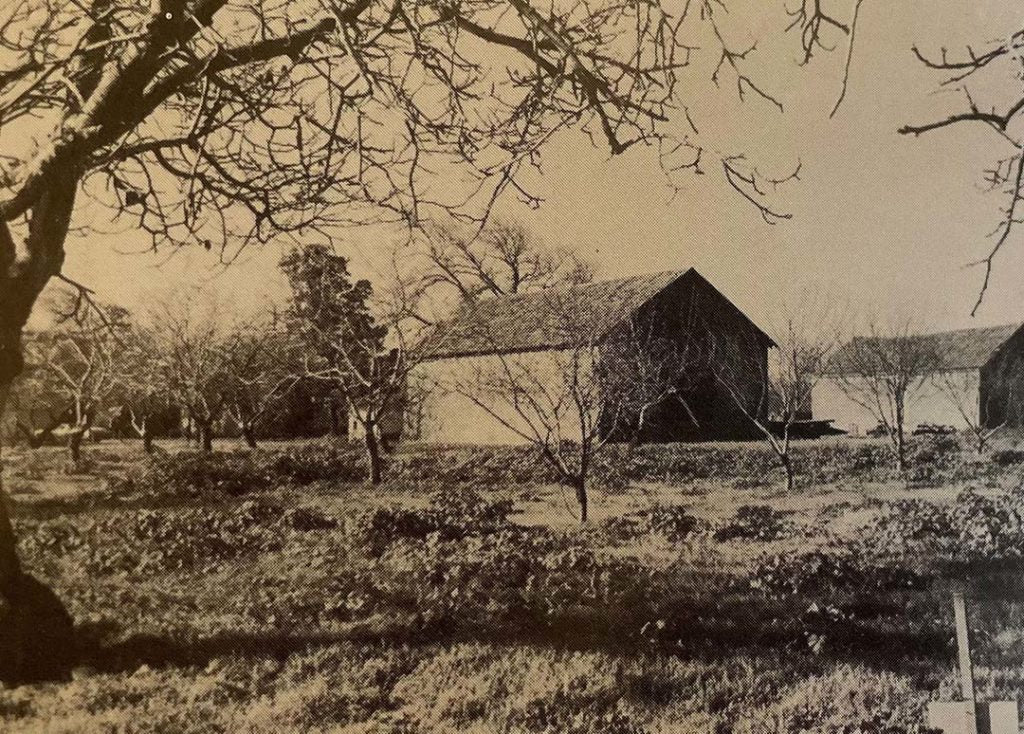
By 1850, the Gold Rush was in full swing and the Sierra Nevada foothills up and down California were filled with optimistic pick-swinging miners.
In October of 1852, local 40-year-old Hanover-born wheat farmer, Ernest Wagener, envisioned the immediate need for a stopping place for miners and suppliers along the road between the Port of Stockton and the Mother Lode. Allan and Wagener agreed Wagener would pay $800; $27,000 in 2020, for 5 months’ rent of the zinc house.
Soon, the 12’x16’x7’ building was moved 2 miles southeast and reassembled on Wagener’s homesteaded 640 acres. This is today’s intersection of Highway 120/“Yosemite Road,” French Camp and Wagner Roads. By March of 1853, Wagener had purchased the little building from Allan.
Immediately, Wagener built a wooden barn on his property to serve the horse teams and drivers carrying supplies to and from the Mother Lode. Records show that in 1853, as many as seventy wagons, pulled by six-horse teams laden with 5-8 tons of supplies passed, daily, between the Port of Stockton and Gold Country stopping at ZINC HOUSE STATION. Time to change teams: 2 minutes! A February 1861 Stockton newspaper report mentions a 40-mule pack train headed for Hornitos passing through Zinc House; each mule loaded with two to three hundred pounds of dry goods. Heavy traffic along this corridor is nothing new!
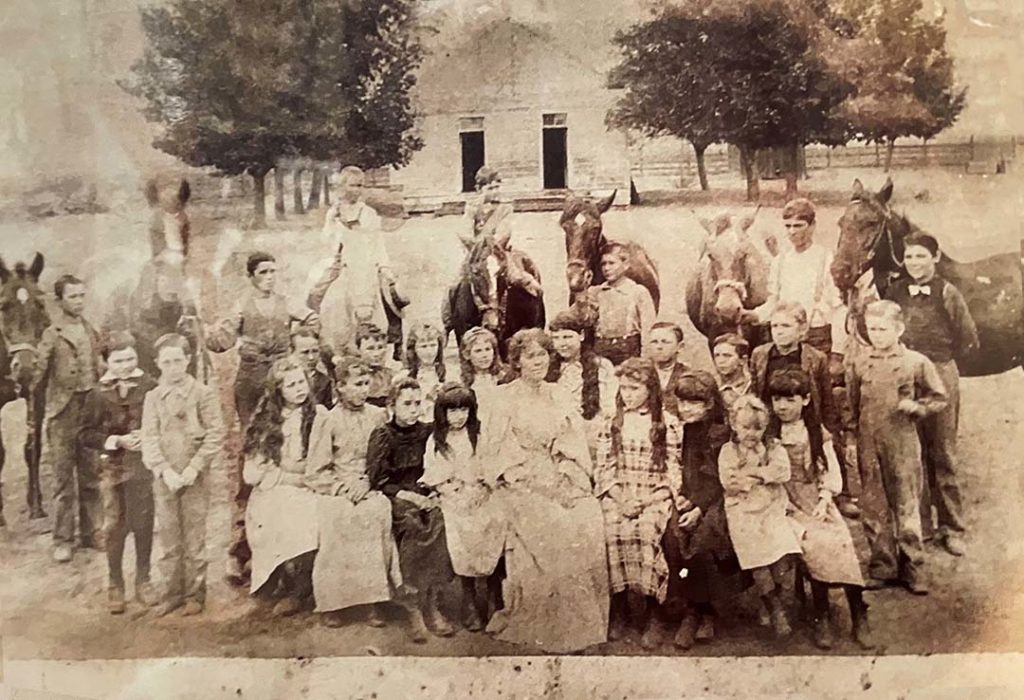
By 1860 Wagner had built a large home on his property and in 1865, two large brick structures; stables and granary, replaced the wooden barn. The bricks were made on-site. One of the barns remains and can be seen to the south of Highway 120 and Wagner Road, 2 miles west of today’s ZINC HOUSE FARM. Found buried there, a Chinese steam-cooker reveals Chinese workers may have cooked entire meals for travelers over one fire.
As mining operations declined, by 1864 Zinc House had become a shipping center for local grain farmers.
Over the years, the little zinc house had become Wagener’s home, a hotel; Zinc House Hotel, known for its fare, a school; Zinc House School and that envisioned stopping place: Zinc House Station.
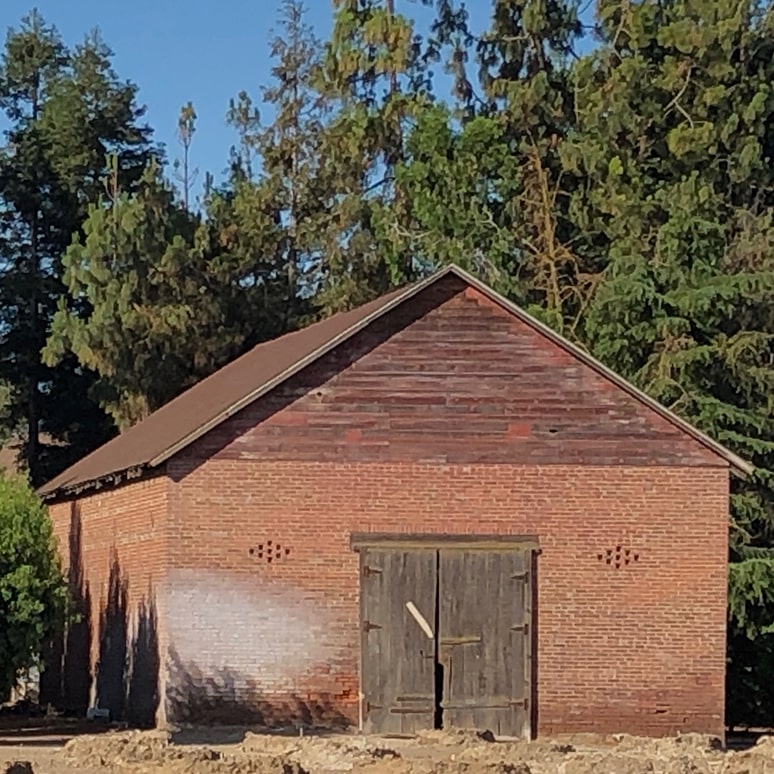
A 1975 Stockton Record story tells,
“One night in those early days, the old schoolhouse burned down the night before the school term was to begin. The children found only ashes to greet them on their arrival the first day.”
So, the little zinc house became ashes and rust. Today, all that remains to Mark Wagener’s zinc house of 1850 is a single, solitary, handsome, brick barn.
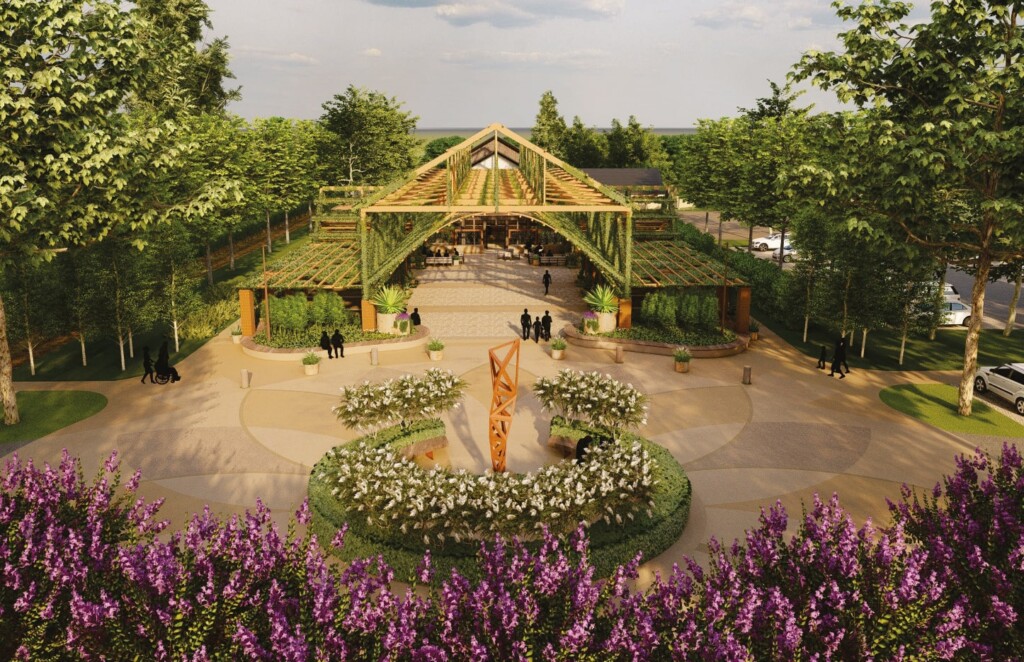
Today, Zinc House Farm is embarking on a new journey as we transform this historic space into a world-class winery and agritourism destination. We are excited to share our passion for agriculture and our love of the land with visitors from around the world. With a deep respect for the history and legacy of this land, we are committed to preserving the traditions of the past while embracing the future.
We invite you to join us as we create unforgettable experiences for foodies, farmers, and families alike.
Committed to a Sustainable FutureRead about our vision
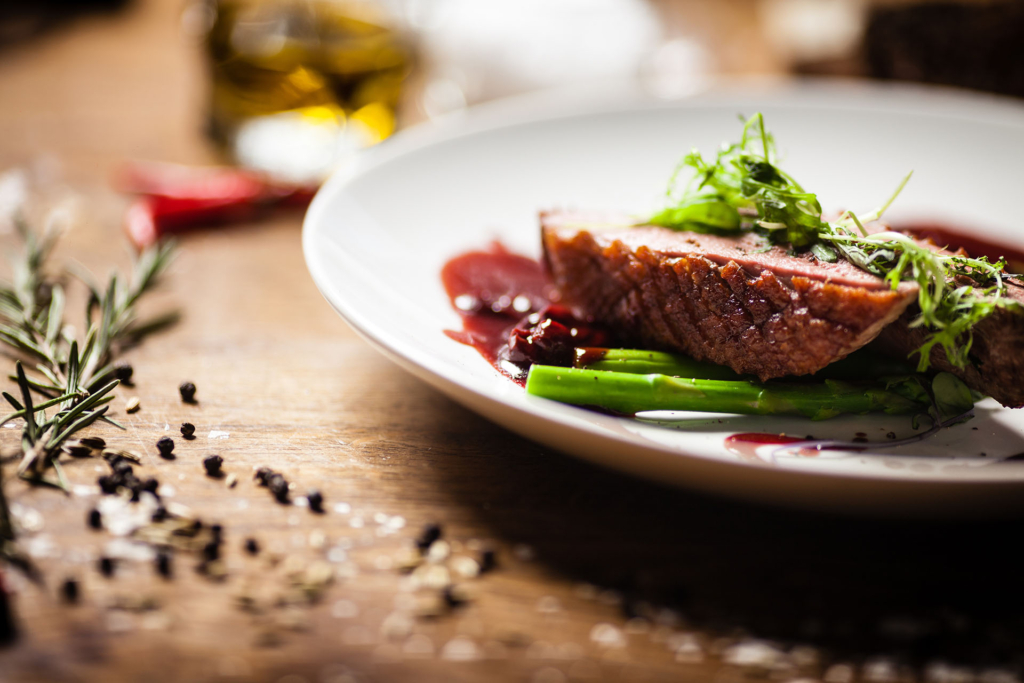
For Food & Wine LoversRecipes at Clark Ferrea

